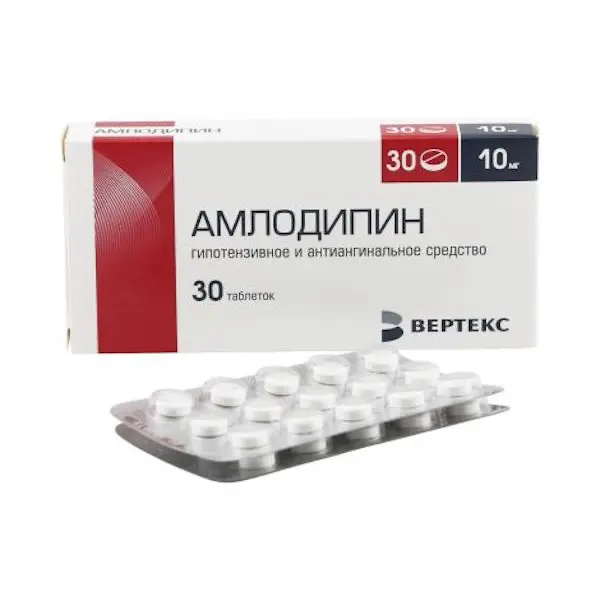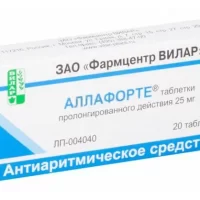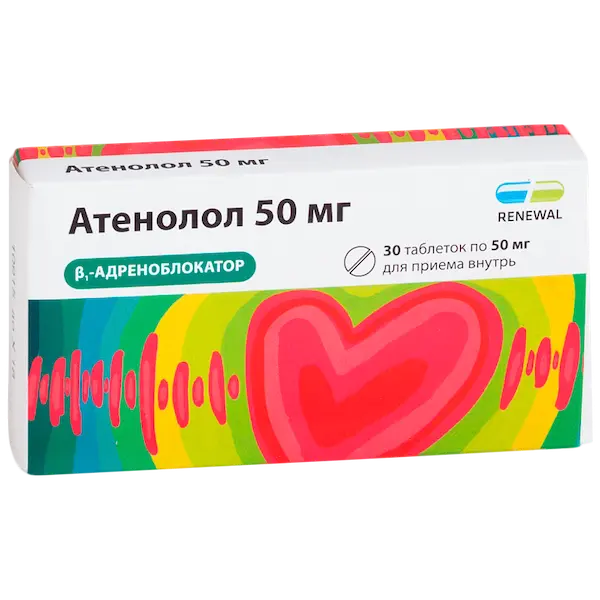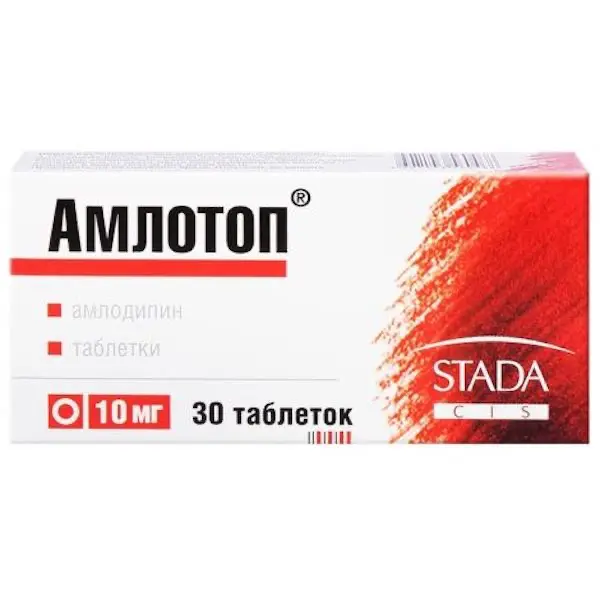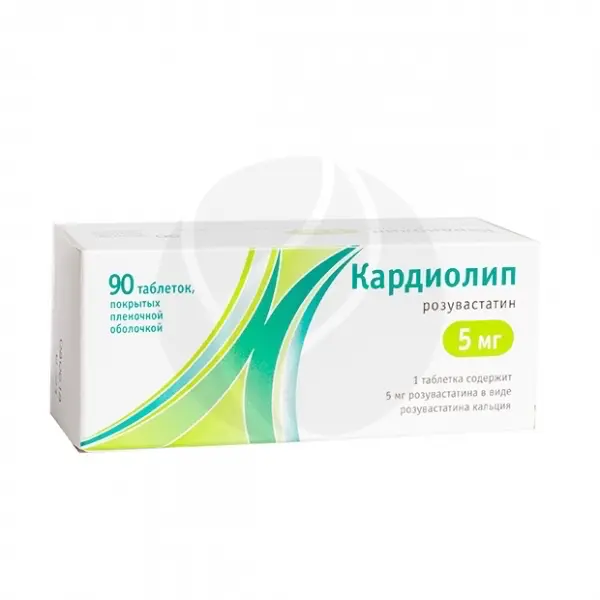Description
Amlodipine Pharmacodynamics
Dihydropyridine derivative is a “slow” calcium channel blocker (BMCC), has antianginal and antihypertensive effects. Binding to dihydropyridine receptors, it blocks “slow” calcium channels, reduces transmembrane transition of calcium ions into the cell (more in vascular smooth muscle cells than in cardiomyocytes).
Antianginal action is due to the dilation of coronary and peripheral arteries and arterioles:
– in angina reduces the severity of myocardial ischemia by dilating the peripheral arterioles, reduces total peripheral vascular resistance (TPR), reduces the afterload on the heart, and reduces myocardial oxygen demand;
– expanding coronary arteries and arterioles in unchanged and ischemic areas of the myocardium, increases the flow of oxygen to the myocardium (especially in vasospastic angina), prevents coronary artery spasm (including that caused by smoking).
In patients with stable angina a single daily dose increases exercise tolerance, delays the development of angina attacks and “coronary” ST-segment depression, reduces the frequency of angina attacks and the use of nitroglycerin and other nitrates.
It has a long-term dose-dependent antihypertensive effect. This effect is due to the direct vasodilator effect on the vascular smooth muscles. In arterial hypertension, a single dose provides clinically significant reduction of blood pressure (BP) for 24 hours (in the patient’s “lying” and “standing” position).
Orthostatic hypotension with amlodipine is rare. Amlodipine does not cause decrease in exercise tolerance, left ventricular ejection fraction. It reduces the degree of left ventricular myocardial hypertrophy. It does not affect myocardial contractility and conduction, does not cause reflex increase in heart rate (HR), inhibits platelet aggregation, increases glomerular filtration rate (GFR), has a weak natriuretic effect. In diabetic nephropathy it does not increase the severity of microalbuminuria. It does not have any adverse effect on metabolism and blood plasma lipid concentration and can be used for therapy of patients with bronchial asthma, diabetes and gout. Significant decrease in BP is observed after 6-10 hours, the duration of effect is 24 hours.
In patients with cardiovascular diseases (including coronary atherosclerosis with lesions of one vessel and up to stenosis of 3 or more arteries, carotid atherosclerosis), who had myocardial infarction, percutaneous transluminal coronary angioplasty (PTCA) or in patients with angina pectoris, amlodipine use prevents the development of intima-media complex (IMC) thickening of carotid arteries, reduces mortality from myocardial infarction, stroke, PCI, coronary artery bypass grafting, leads to fewer hospitalizations for unstable angina and progression of chronic heart failure (CHF), reduces the frequency of interventions to restore coronary blood flow.
Does not increase the rate of mortality or the development of complications and fatal outcomes in patients with CHF (functional class III-IV by NYHA classification) against the background of digoxin, diuretics and angiotensin-converting enzyme (ACE) inhibitors therapy. In patients with CHF (functional class III-IV according to NYHA classification) of non-ischemic etiology, the use of amlodipine may cause pulmonary edema.
Indications
– Arterial hypertension (both in monotherapy and in combination with other hypotensive agents).
– Stable angina pectoris and vasospastic angina pectoris (Prinzmetal’s angina pectoris) (both in monotherapy and in combination with other antianginal agents).
Contraindications
– Hypersensitivity to amlodipine, dihydropyridine derivatives and other components of the drug.
– Severe arterial hypotension (systolic BP less than 90 mmHg).
– Shock (including cardiogenic shock).
– Left ventricular outflow tract obstruction (e.g., severe aortic stenosis).
– Hemodynamically unstable heart failure after myocardial infarction.
– Under 18 years of age (efficacy and safety not studied).
– Rare hereditary galactose intolerance, lactase deficiency, glucose-galactose malabsorption syndrome.
Dosage and administration
- Orally, once a day, with enough water (100 ml).
Arterial hypertension, stable angina pectoris and vasospastic angina pectoris
For arterial hypertension and angina pectoris, the initial dose is usually 5 mg per day. Depending on the therapeutic response, the dose may be increased to a maximum daily dose of 10 mg. Usually it is recommended to increase the dose of amlodipine not earlier than after 7-14 days of treatment. However, if necessary, a faster increase of amlodipine dose is possible with regular monitoring of the patient’s condition. - In patients with low body weight, short stature or moderate hepatic impairment, the recommended initial dose of amlodipine is 2.5 mg per day.
To ensure the specified dosing regimens, if it is necessary to use amlodipine at a dose of 5 mg, the drug should be prescribed in the dosage form “5 mg tablets” or “10 mg tablets” with a rice of other manufacturers. - Concomitant use with other hypotensive and antianginal drugs
There is no need to adjust the dose of amlodipine when concomitant use with thiazide diuretics, beta-adrenoblockers and ACE inhibitors. - In cases when amlodipine is prescribed as adjunctive therapy in patients receiving other hypotensive drugs, the recommended starting dose is 2.5 mg per day.
Special patient groups
Elderly patients - It is recommended to use the drug in usual doses, no change in the dose of amlodipine is required.
- Patients with hepatic impairment
Although the T1/2 of amlodipine, like all PBMCs, is prolonged in patients with mild hepatic impairment, no dose adjustment is usually required. In patients with moderate hepatic impairment, the recommended starting dose of amlodipine is 2.5 mg daily.
Patients with impaired renal function
It is recommended to use amlodipine in usual doses.

